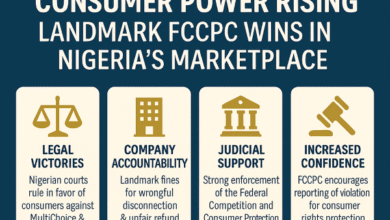By Segun Oniyide
 Microsoft has released new data indicating an increase in deceptive tactics by cybercriminals as attacks against software become more difficult to deal with and expensive.
Microsoft has released new data indicating an increase in deceptive tactics by cybercriminals as attacks against software become more difficult to deal with and expensive.
The company said in 2013 the number of computers that had to be disinfected as a result of deceptive tactics more than tripled.
According to Microsoft’s new data, one of the most common tactics used was deceptive downloads, where victims are lured with deceptive downloads by bundling malware with legitimate downloadable content such as software, music or videos found online.
Tim Rains, director of Trustworthy Computing at Microsoft, said: “Keeping cybercriminals on the run requires a robust security strategy, the safest houses don’t just have locked doors, they have well-lit entry points and advanced security systems. It’s the same with computer security – the more we layer our defenses the better we are at thwarting attacks.”
Ransomware is another deceptive practice that was identified, which often pretends to be an official-looking warning from a well-known law enforcement agency accusing its victim of committing a computer-related crime and demands they pay a fine to regain control of the computer.
Serious concern in Africa is the threat posed from illicit software downloaded from the internet, which is infected with malware deliberately bundled by cybercriminals, with the internet population on the continent fast-growing, downloading software online is a popular alternative but can have serious consequences if it’s not legitimate,” said Daniel Kamau, anti-piracy lead for Sub-Saharan Africa.
Microsoft advises customers to keep themselves protected by using newer software whenever possible and keeping it up to date, only downloading from trusted sources, running antivirus, and backing up files.











